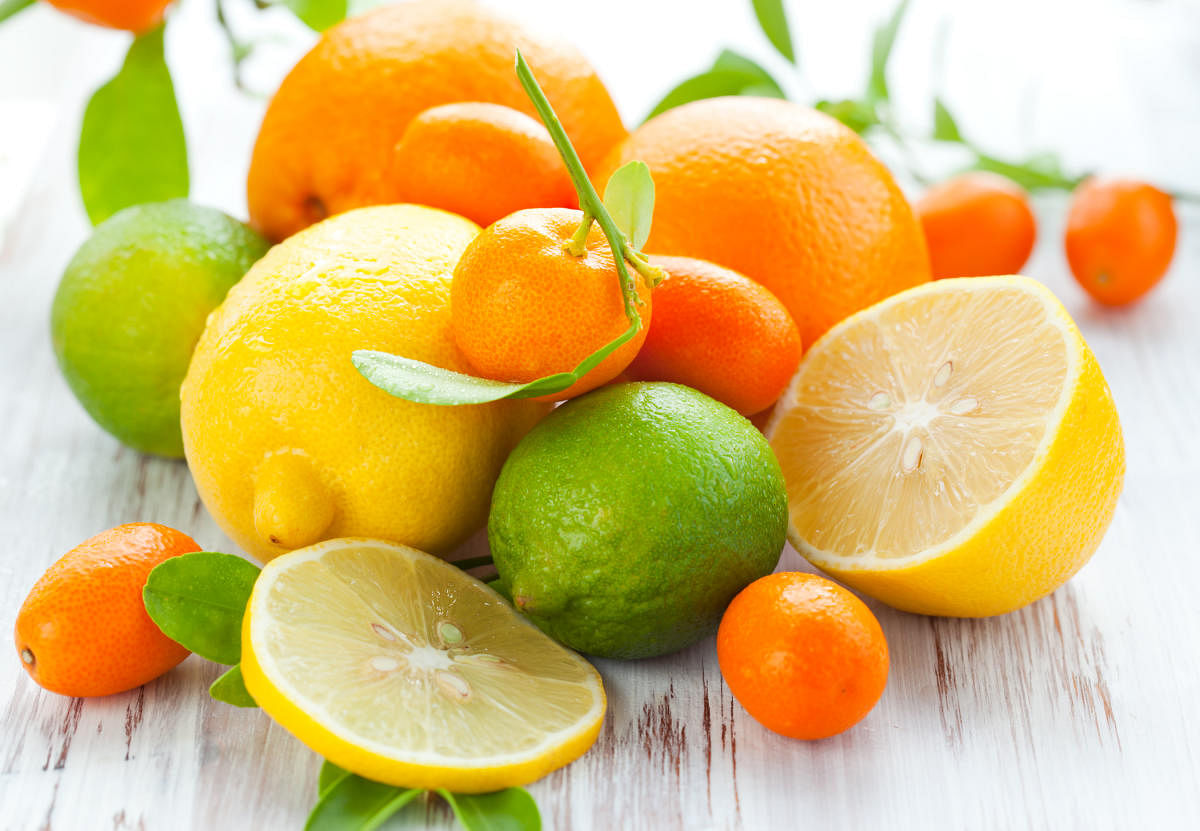
A healthy immune system can help us ward off infections and infectious diseases while a strong immune system can help in fighting against it effectively.
As researchers try to find an antidote for the coronavirus, here are some foods that can boost immunity and help you fight infections.
Protein: Your body uses amino acids found in dietary proteins to help build proteins within your body including proteins that help make up your immune system. For example, immunoglobulins, also called antibodies, are proteins that circulate in your blood and make up components of a strong immune system. Rich sources are egg white, chicken, cottage cheese, low-fat dairy products, legumes, soy products, and nuts.
Ascorbic acid: A powerful antioxidant, ascorbic acid (vitamin C) supports phagocytosis by macrophages and stimulates the activity of natural killer lymphocytes generated during the inmate immune response. Citrus fruits such as orange, kiwi, lemon, guava, and vegetables such as broccoli, cauliflower, brussel sprouts and capsicum are good.
Omega-3 fatty acids and fish: Omega-3 polyunsaturated fatty acids (PUFA) found in fatty fish and fish oil supplements have been shown to have an anti-inflammatory effect. Chia seed, walnuts, canola oil, and flaxseed oil are sources of the omega-3 fatty acid.
Zinc: Zinc is a mineral that is important to the body in many ways. Zinc keeps the immune system strong and helps heal wounds. Some studies have found that it may reduce upper respiratory infections. Rich sources are fortified cereals, whole grains, beans and nuts, poultry and oysters.
Polyphenols: Polyphenol shows a powerful anti-inflammatory effect and acts as a potent antioxidant. Laboratory investigations, clinical trials, and prospective studies suggest that polyphenols prevent free radical formation. These compounds are found in apple, citrus fruits, vegetables, grains, flaxseeds, peanut, olive oil, and tea.
Vitamin E: Vitamin E exists in nature as different chemical structures; the most common forms in the diet are alpha and gamma-tocopherol. Dozens of studies have found that Vitamin E offered protection against infections caused by viruses and bacteria. Foods such as seeds, nuts, and vegetable oil are sources of gamma-tocopherol, while supplements commonly contain alpha- tocopherol.
Prebiotics & probiotics: Prebiotics are defined as non-digestible, non-absorbable substances that can be fermented by bacteria in the gut, promote the growth of desirable microflora and impart improvement on health. Food sources of prebiotics include chicory, Jerusalem artichokes, and onions. The World Health Organisation defines probiotics as live microorganisms which when administered in adequate amounts, confer a health benefit to the host. Probiotics are bacteria that are classified primarily as lactobacillus or bifidobacteria; both are part of the normal gut flora and can ferment lactose. They are found in cultured dairy foods such as yogurt, kefir, and fermented food product such as idly, dosa, pickles, kimchi, and sauerkraut. Both prebiotics and probiotics appear to interact directly with gut epithelium cells to block pathogens from entering. There are many simple dietary strategies that may effectively reduce levels of chronic inflammation and begin to restore normal immune functions.
It is important to know that you build a strong immune system by maintaining healthy eating habits over time.
Jayashree Bafna
(The author is consultant dietician, Family Tree clinic)